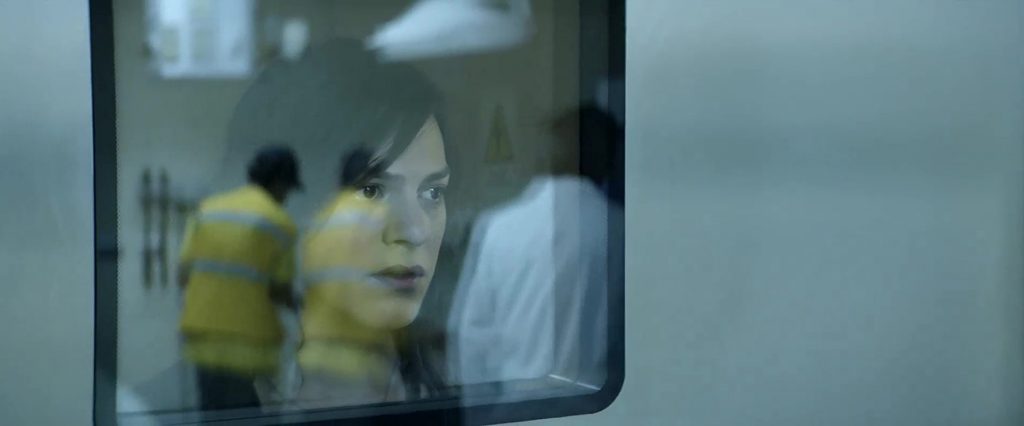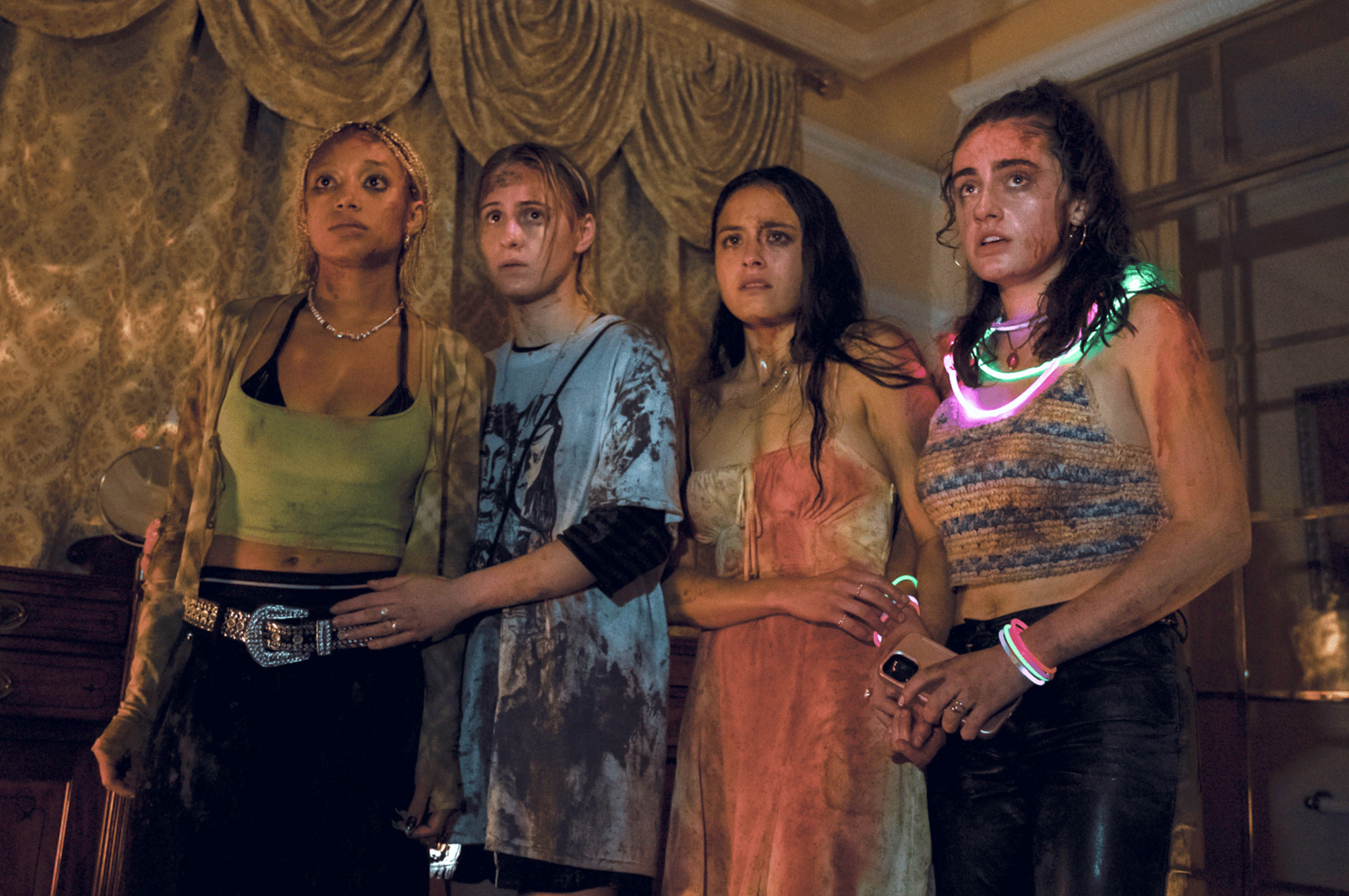A Fantastic Woman review: Powerfully acted and beautifully shot, Sebastian Lelio’s Oscar-nominated film finally arrives in the UK.
A Fantastic Woman review by Orestes Adam.

A Fantastic Woman review
Argentinian-Chilean director Sebastian Lelio’s Oscar-nominated A Fantastic Woman is a film that annihilates the very concept of mutually exclusive binaries, as it is grounded and magical; quiet and explosive; beautiful and disgusting; complicated, yet so painfully simple. The consistent crossing of these binaries could be a reflection of its lead character who is both a graceful singer and a fierce shadow boxer but is also a trans woman struggling not for her lawful rights but merely her acceptance into society. Powerfully acted and beautifully shot, A Fantastic Woman earns its titular adjective on every level through its offering of an essential tale within the transgender experience, one not rooted in prostitution or abuse but rather in the social and governmental complications that presumptuously arise from a person’s willingness to define themselves as different.
Related: Call Me By Your Name review
The film follows Marina (Daniela Vega), a young waitress and singer who is in a loving relationship with Orlando (Francisco Reyes), a successful businessman 30 years older than her. After the perfect date, Orlando suffers an aneurysm and dies later that day. What follows is Marina’s fight against Orlando’s ex-wife and family who are disgusted by the thought of their relationship and vehemently deny her right to mourn her late lover at his wake, as well as the authorities who are abusively suspicious as to the circumstances of their relationship. Vega, a trans woman herself, deserves more than praise for the political implications of her casting, as her performance captures the character’s every complexity from her operatic voice to the ferocious way she tears into her punching bag. While its entire supporting cast offers commendably naturalistic performances, none compare to the emotion that Vega conjures through her movements alone. She absolves herself from stereotypes previously associated with trans characters as perversely sexual and desperately effeminate, becoming a universally relatable character because what is seen in her is so universally human. She has no secondary motivation or point to make in identifying the way she does, she merely is.

A Fantastic Woman review
Behind the camera Lelio proves himself to have a terrific knack for cinematic storytelling as so much can be derived from his visuals alone. His camera exhibits a great sensitivity, particularly when his characters do not, perhaps reflecting the way that he wants his audience to be respectfully mindful of information they are not entitled to. The camera refrains from panning downwards once a doctor and police officer abrasively insist on her revealing the lower half of her naked body and brilliantly blocks her genitalia in the bathtub to deliver one of the most profound still frames in recent memory. While Marina’s transgender identity being the reason for the discrimination she experiences is clear throughout, the circumstances of her identity, such as the extent of her reassignment surgery, are left ambiguous; a statement the film makes to illustrate that there is no need to specify just how much of a ‘woman’ Marina physically is, for her choice to identify as one is enough. Even when the film veers into the realms of magical realism it never loses its footing, doing so only in brief bursts so as not to distract from the raw social realism its story entails.

A Fantastic Woman review
The script itself, however, does flutter drastically at times. While the first half of the film would lead us to believe that it means to explore the nuances of discrimination, disrespectful interactions as basic as a police officer insisting on addressing Marina by the birth name on her ID, the antagonists’ actions escalate from appearing ignorantly uncomfortable to unloading several reprehensible insults and committing sickening hate crimes. Though a moral justification for the characters’ anger is present for some, others devolve from being genuinely supportive to thoughtlessly offensive towards Marina within the span of a single scene. That is not to say that the film is not subtle enough, nor explicit enough as it is very much both, yet at times the shift between passive aggression and full-blown assault proves too extreme.
A Fantastic Woman is, simply put, a fantastic film. It situates the transgender experience beyond the issues of discriminatory laws and mass prejudice, choosing instead to emphasize the problems that arise within the more personal aspects of life and society. It is a film crafted with such sensitivity and reservation that in its best moments, almost like Jordan Peele’s Get Out, underlines the passive persecution of trans men and women, even in a society in which they are legally protected.
A Fantastic Woman review by Orestes Adam, February 2018.
A Fantastic Woman is released in UK cinemas on Friday 2nd March 2018.

Latest Posts
-


Netflix
/ 3 days ago‘Zero Day’ teaser; Robert De Niro leads the Netflix film
Robert De Niro is leading out the upcoming Netflix series Zero Day, a teaser...
By Paul Heath -


Film News
/ 3 days agoChristopher Nolan’s next film is ‘The Odyssey’
After what seems like months of speculation, it has finally been revealed that Christopher...
By Paul Heath -


Film News
/ 3 days agoOne more trailer for Bob Dylan biopic ‘A Complete Unknown’
A final trailer has been released for A Complete Unknown, the Bob Dylan biopic...
By Paul Heath -


Streaming
/ 3 days agoWhere Could TV Streaming Apps Go from Here?
It’s been a long time since Netflix alone dominated the smart TV streaming space....
By Paul Heath










